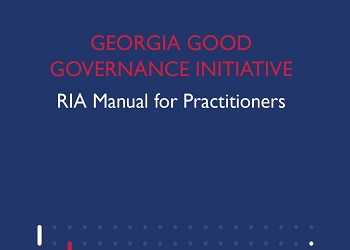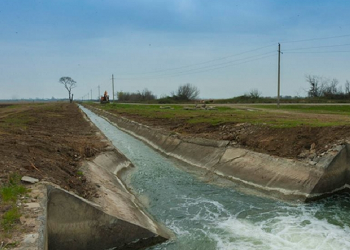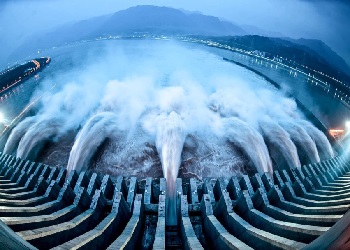- Details
Quality policymaking benefits from a process that is predictable, transparent, participatory, and accountable. This type of process helps make decisions that are legitimate, justified, effective, and proportionate.
It is important to note immediately that regulation is only one possible option available for governmental intervention in society and the economy (see Box 1 for a definition of regulation). This view is fully incorporated in article 30 of ordinance No. 35, according to which:
• If, on the basis of a draft RIA report, it has been established that the best option to resolve a problem/issue is legislative regulation, an authorized official of the initiating agency shall make a decision on including the issue in the plan for the preparation of draft laws by the agency;
- Details
Georgia has a number of laws and regulations governing water resources, dating back to the late nineties and partially amended after 2003. These changes, however, have not always followed a clear and coherent strategy. Consequently, in the words of the United Nations Economic Commission for Europe (UNECE), the current legislation is an “unworkable and fragmented system”.The Government of Georgia (GoG) has instigated changes to the Georgian water management legislation to meet the obligations derived from the Association Agreement (AA) signed with the European Union (EU) in June, 2014. The implementation of the principles of the EU Water Framework Directive (EU WFD), are seen as a possible solution for the pressing challenges characterized by Georgia’s water management sector, the main issues of which being water pollution and the inefficient use of water resources. Under the provisions of the EU-Georgia AA, Georgia must adopt national legislation in compliance with the EU WFD by the end of 2018. Under the AA, Georgia has nine years to implement the principles of the EU WFD.
- Details
Georgia has a number of laws and regulations governing water resources, dating back to the late nineties and partially amended after 2003. Changes, however, have not always followed a clear and coherent strategy. As a result, in the words of the United Nations Economic Commission for Europe (UNECE), the current legislation is an “unworkable and fragmented system”. The Government of Georgia (GoG) has started changing the Georgian water management legislation to meet the obligations deriving from the Association Agreement (AA) signed with European Union (EU) in June 2014. The implementation of the principles of the EU Water Framework Directive (EU WFD), is seen as a possible solution for the pressing challenges characterizing Georgia’s water management sector, the main ones being water pollution and the inefficient use of water resources.













